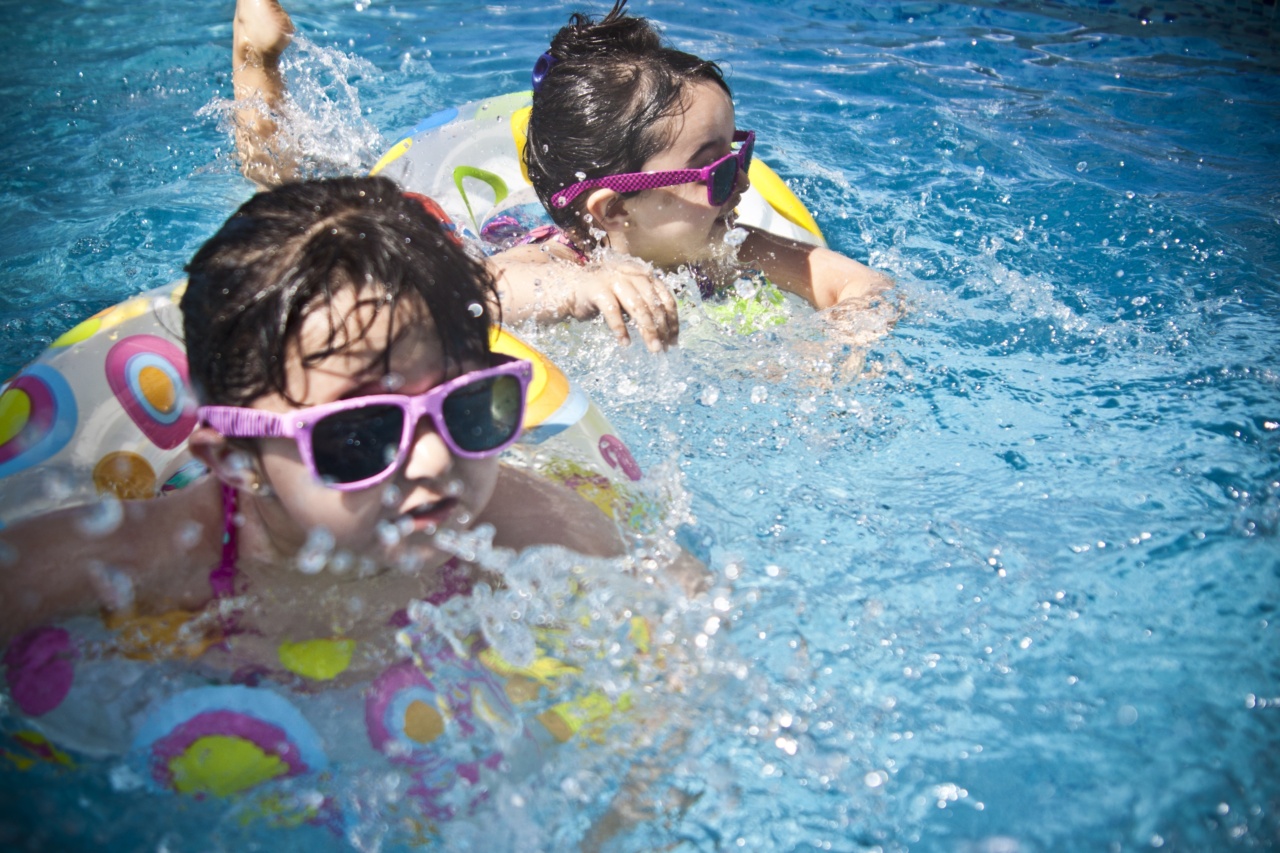Every year, an estimated 300,000 children are diagnosed with cancer worldwide, and it remains a leading cause of death in children.
Childhood cancer can be a devastating diagnosis for both the child and their families, but there are two important keys to healing: early detection and treatment.
Key #1: Early Detection
Early detection is crucial in the fight against childhood cancer. The earlier cancer is detected, the better the chances of successful treatment and long-term survival.
There are many warning signs of childhood cancer that parents and caregivers should be aware of, including:.
- Unexplained weight loss
- Fatigue and lethargy
- Persistent headaches and vomiting
- Bleeding or bruising easily
- Swelling or lumps in the abdomen, neck, or other parts of the body
- Persistent fevers or infections
- Recurrent bone pain
If your child is experiencing any of these symptoms, it is important to consult with a healthcare professional as soon as possible. Early detection can mean the difference between life and death.
Key #2: Effective Treatment
Effective treatment is the second key to healing childhood cancer. There are many types of childhood cancer, and each requires a specialized treatment plan.
Treatment options may include surgery, chemotherapy, radiation therapy, or a combination of these approaches.
Advances in medical technology and research have led to improved treatments and outcomes for children with cancer. Many children with cancer can be successfully treated and go on to live healthy, long lives.
However, effective treatment also depends on early detection and timely intervention.
Support for Children with Cancer and Their Families
A diagnosis of childhood cancer can be overwhelming and emotionally draining for both the child and their families. In addition to medical treatment, children with cancer and their families may benefit from a range of support services, including:.
- Psychological counseling and support
- Financial assistance for medical costs and other expenses
- Access to educational resources and accommodations
- Support groups and networks
- Recreational and social activities
Organizations such as the American Cancer Society, Children’s Oncology Group, and St. Jude Children’s Research Hospital offer comprehensive support services for children with cancer and their families.
Prevention and Awareness
While early detection and effective treatment are critical in the fight against childhood cancer, prevention and awareness are also important.
Some childhood cancers may be linked to environmental and genetic factors, while others may have no known cause.
Parents and caregivers can take steps to reduce the risk of childhood cancer by:.
- Ensuring children receive recommended vaccinations
- Encouraging healthy habits, such as regular exercise and a balanced diet
- Minimizing exposure to environmental toxins, such as secondhand smoke and pesticides
- Identifying and addressing any genetic risk factors through genetic counseling
Increasing awareness about the prevalence and impact of childhood cancer can also help to promote early detection and effective treatment.
September is Childhood Cancer Awareness Month, which serves to raise awareness about childhood cancer and the need for funding and research to improve treatments and outcomes.
Conclusion
Childhood cancer is a serious and often devastating diagnosis, but there are two important keys to healing: early detection and effective treatment.
Parents and caregivers should be aware of the warning signs of childhood cancer and seek medical attention if their child is experiencing any such symptoms. Effective treatment requires a specialized approach, and support services are available to help children and families cope with the emotional and financial challenges of childhood cancer.
Increased awareness and prevention efforts can also play a role in reducing the impact of childhood cancer. With early detection, effective treatment, and support, many children with cancer can go on to live healthy, happy lives.





























